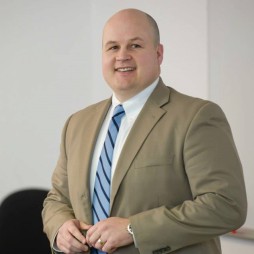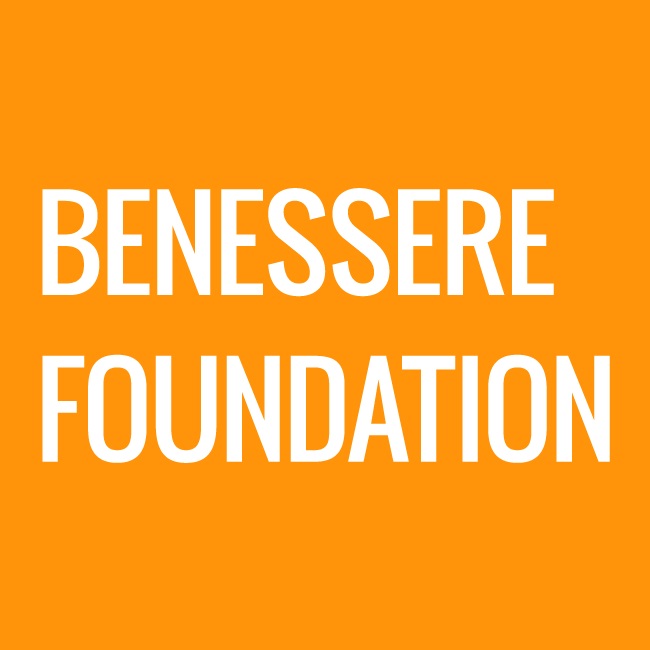
By N.L. Sweeney
Travis Muhlestein was an engineering leader at Microsoft’s Xbox division in 2011 when he began the MBA program at the University of Washington Bothell. His goal was to know more than just the mechanics of running a business.
“The program checked all the right boxes for me,” he said. “It looked into what I was most interested in: the philosophy behind business. I knew I would get the chance to explore different sides of my field.”
What Muhlestein couldn’t foresee was that in the middle of his studies, he would launch what is now a nonprofit foundation focused on educating the global community on sustainable health and wellness.
From dream to vision
Muhlestein always dreamt of developing his own organization but hadn’t identified what form it would take or a timeline of when it would become reality — certainly not while he was in school.
But his vision crystalized when he went took the MBA Global Study Tour of Cambodia and Thailand (now Corporate Social Responsibility in Thailand and Cambodia). The course led by James Reinnoldt, an adjunct professor in the School of Business, provided meaningful opportunities to connect with local businesses in the two countries and to help set up nongovernmental organizations. Muhlestein and his peers worked with people facing poverty, health issues and education disparities.
The solidifying moment for Muhlestein came in Seam Reap, Cambodia. One morning during the tour, he and his group bought bicycles and school supplies to distribute to some of the local people. At a group of three huts on the side of the road, they met a widow with six children. Although the students would have given them the shirts off their backs, they could only give them their “meager gifts,” as Muhlestein put it. Still, they could see the impact they were having on each of the family members.
“Seeing the way their faces lit up was so emotional and touching. Even now, reliving the memories brings back tears,” said Muhlestein. “In that moment, I knew that whatever work I moved on to, I wanted it to be something that could help people everywhere.
“I wouldn’t be doing what I am today,” he said, “without that moment of clarity during that course.”
From vision to reality
Muhlestein returned from the trip with a renewed sense of purpose and two questions. How could he give more? How could he help raise the standard of living across the globe?

With his new awareness of living conditions in other parts of the world, Muhlestein decided to focus on issues around health care, specifically preventative care and reducing the cost of care. Drawing from his work at Microsoft and using his knowledge of machine learning and artificial intelligence, he developed an application as a class project. Its goals are to offer health education, detects illnesses before they become harder to treat and provides information to help reduce the cost of receiving health care.
The app was the answer to his questions. And the nonprofit Benessere — Italian for “well-being” — was born.
To promote the new nonprofit, Muhlestein turned to contacts he made when he worked on integrated systems in hospitals more than 20 years ago. He also credits his contacts from UW Bothell for making the foundation a success.
“My MBA cohort was instrumental in its development. My classmates included working professionals who were working in aeronautics, the military, accounting, strategic event planning and businesses like Amazon and Boeing,” he said. “They each brought their unique perspectives, and I learned so much from them and my professors on how to run a business.
“With Benessere,” Muhlestein said, “I found my way of contributing to the world health community with all that I knew from data sciences and my business studies.”
The future of health and gaming
This May marks the organization’s seventh anniversary. Its current work centers around detecting, reducing and — in some cases — removing the impact of certain diseases through technology and activity-based measurement.
Muhlestein, who received his MBA in 2013, managed Benessere’s growth while continuing his own work in the gaming industry. He was leading the transition of the Microsoft Xbox 360 product and business into Xbox One when he was tapped in 2014 to help NVIDIA make the leap from being a hardware company to a cloud-based software company.
As head of Global Product Development – Game Software Experiences, Muhlestein’s team earlier this month released GeForce NOW, a system that allows gamers to access their games anywhere from the cloud. Next up, his team will focus on adding features to GeForce NOW and making it possible for users to create content on the platform.
“It has been my journey at both Microsoft and NVIDIA to move gaming to the next level,” said Muhlestein. “The road ahead is exciting with major features and clients that will set the course for cloud gaming.”
Muhlestein said he is excited to continue research into deep learning, machine learning and artificial intelligence as they relate to gaming and, especially, health care.
“We are confident that with improvements in deep learning, we can move from neurology into other specializations so we can help more people globally,” he said. “We are just beginning.”



